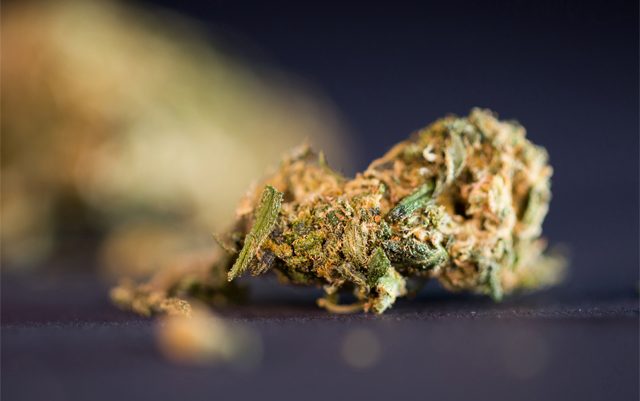One more argument against legalization has just been taken off the table thanks to a study that was funded by the U.S. Department of Justice. The study was commissioned to determine the impact of cannabis legalization, and what they found was that there doesn’t seem to be a negative effect on neighboring states, as many might claim.
Researchers used statistics on drug possession and distribution arrests in a combination of states that had legalized and neighboring states. They were looking to find three specific things; namely, how legalization impacted law enforcement resources within the states that had legalized, how it affected the same resources in neighboring non-legal states, and whether cannabis legalization had any effect on drug trafficking.
“Legalizing marijuana did not have a noticeable impact on indicators in states that bordered those that legalized,” the study concluded, adding that “there were no noticeable indications of an increase in arrests related to transportation or trafficking offenses in states along the northern or southern borders.”
Arrests for possession significantly dropped in Washington and Colorado following legalization in 2012, falling even further after retail sales became available. While not as much information was available on Oregon, as cannabis had only been legal for a year at the time of the study, they still found that during the period immediately after legalization the already small number of marijuana arrests in the state dropped to almost zero.
“No noticeable change in the trend line for marijuana occurred after recreational use was legalized in Colorado,” the study authors said of data on possession convictions in Kansas from 2011 to 2014.
Researchers also looked at neighboring states, like Oklahoma and Kansas, where cannabis remains illegal for adult use, and what they found was interesting. Rather than potentially increasing cannabis-related crimes – as prohibitionists might suggest – the number of arrests in Oklahoma actually fell slightly after legalization in Colorado, despite the fact that cannabis arrests remained the majority of drug possession charges.
Even though the research was funded by the federal government, they are not claiming any responsibility for the results. On each page of the study there is a disclaimer stating that: “[o]pinions or points of view expressed are those of the author(s) and do not necessarily reflect the official position or policies of the U.S. Department of Justice.”
Essentially, they have funded the research that found state legal marijuana doesn’t negatively impact neighboring states, but they don’t necessarily agree with the findings. However, the data doesn’t lie. The fact of the matter is that the fears that cannabis legalization would increase crime and the trafficking of the plant are one step closer to being dispelled with this research.






